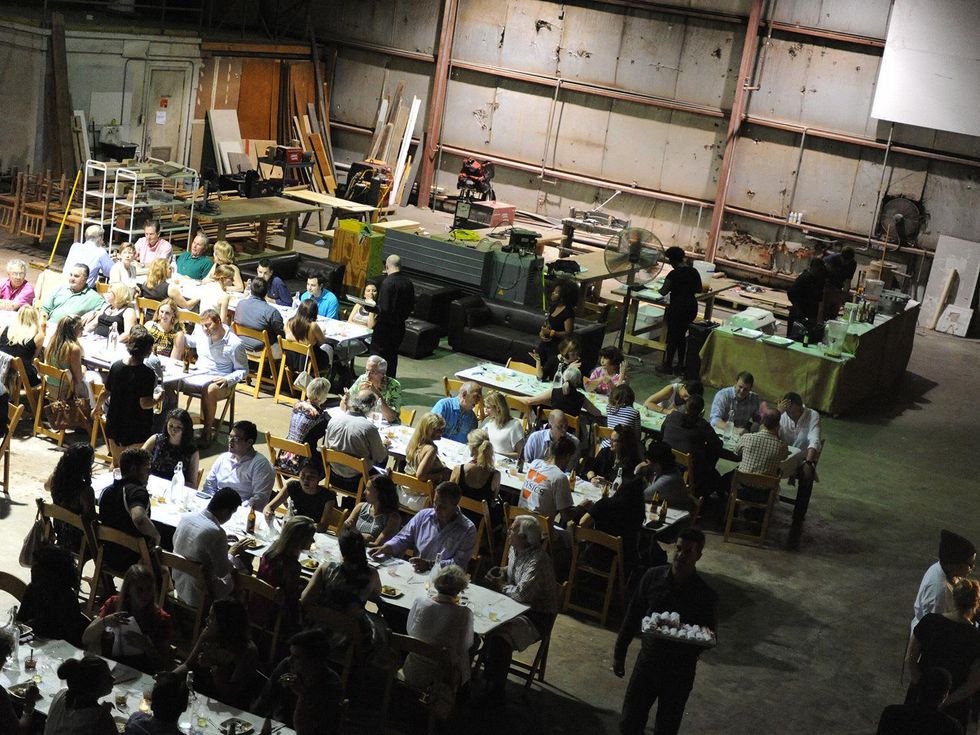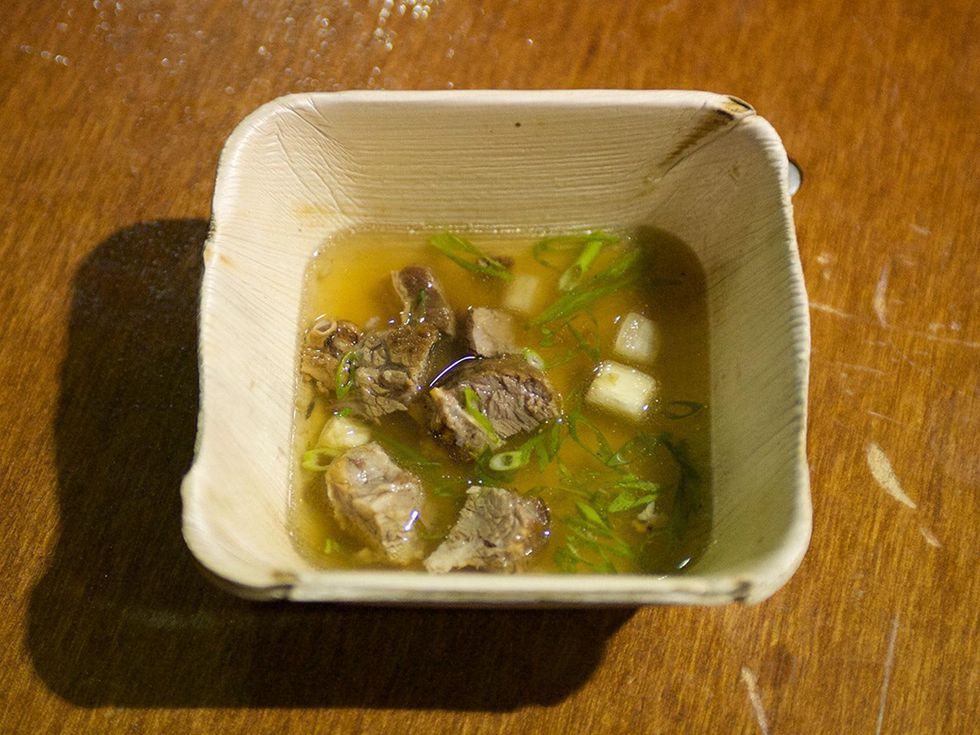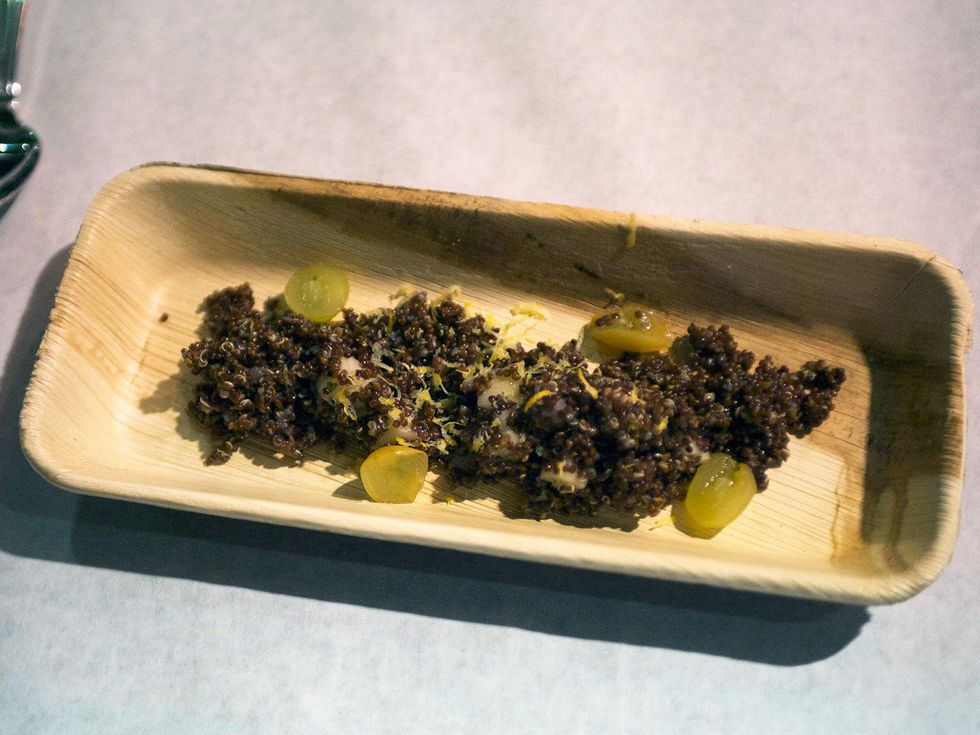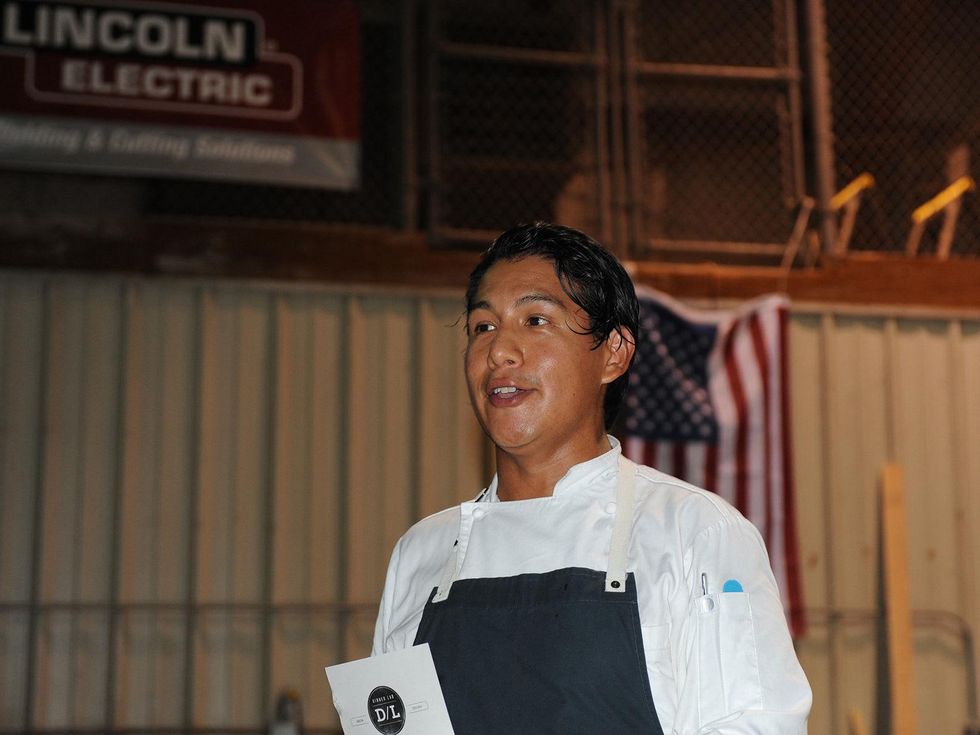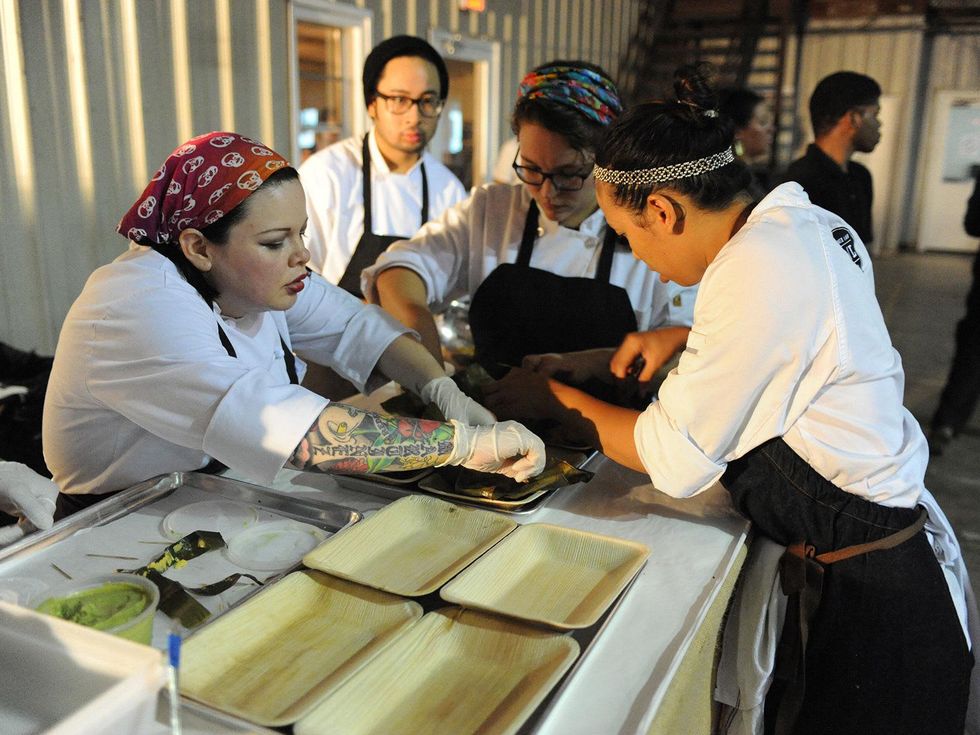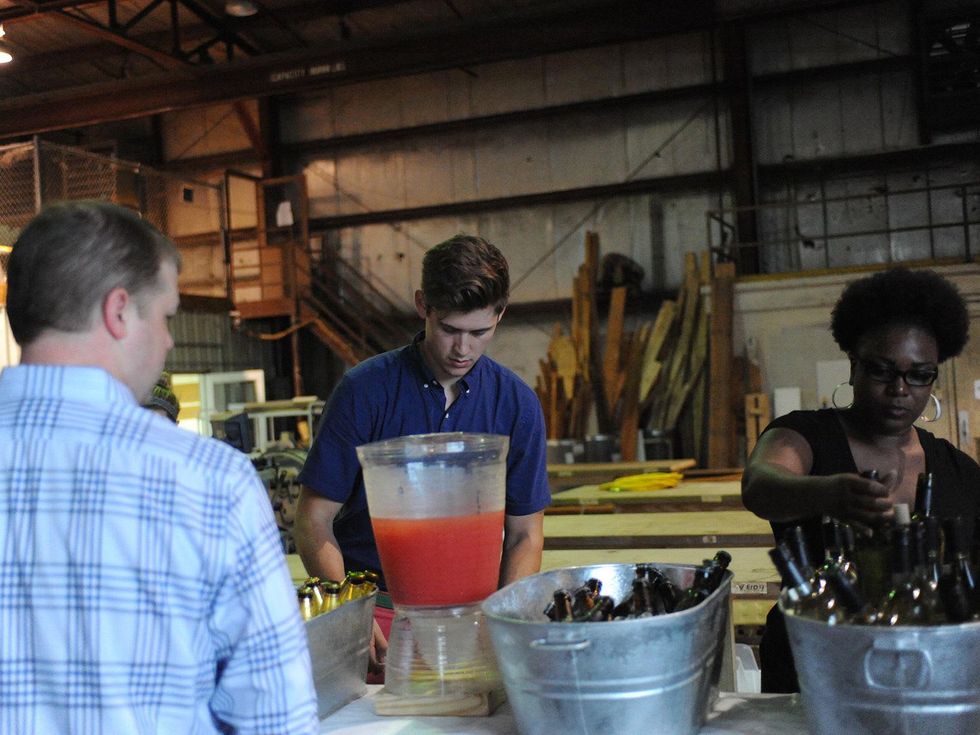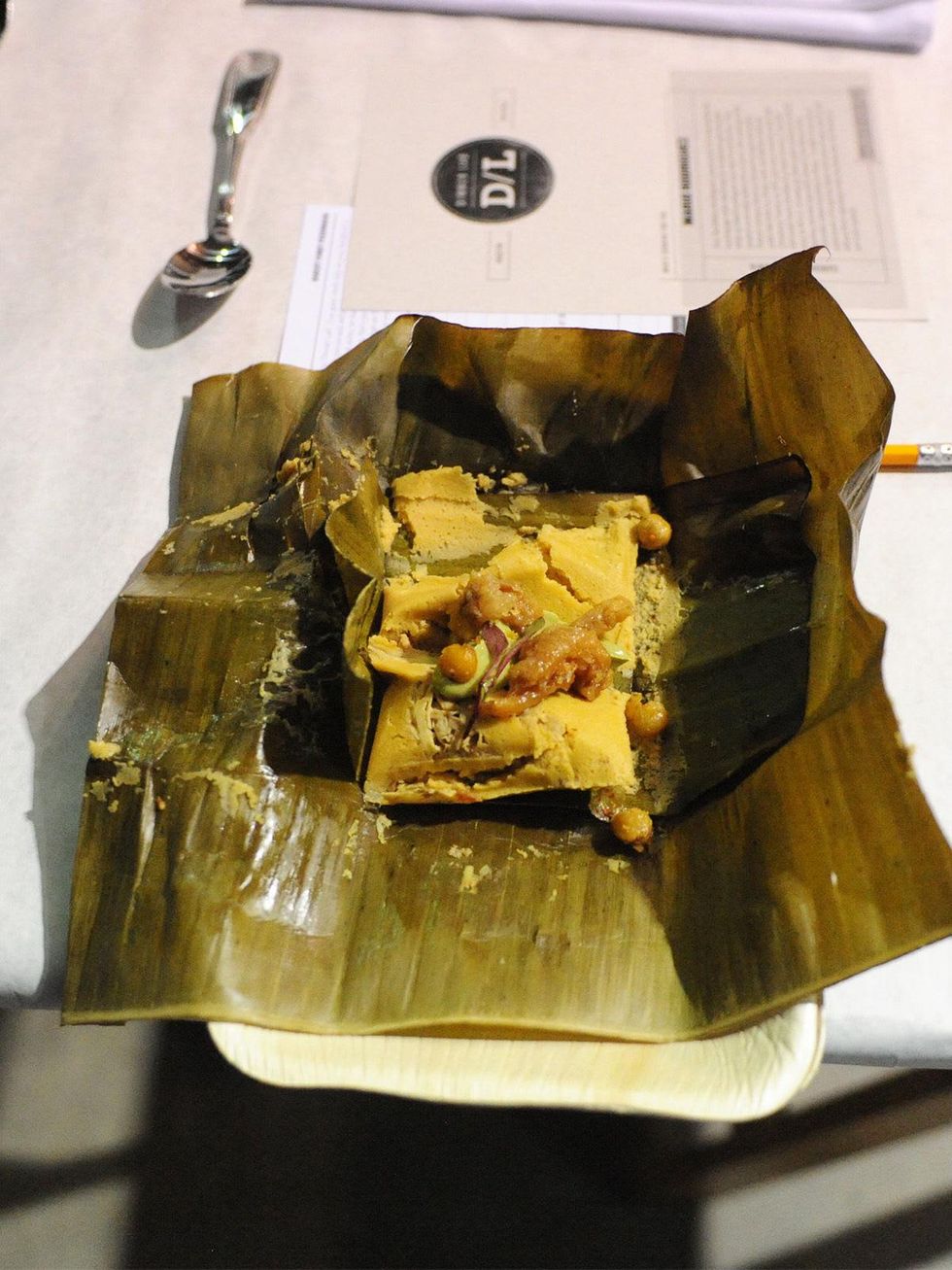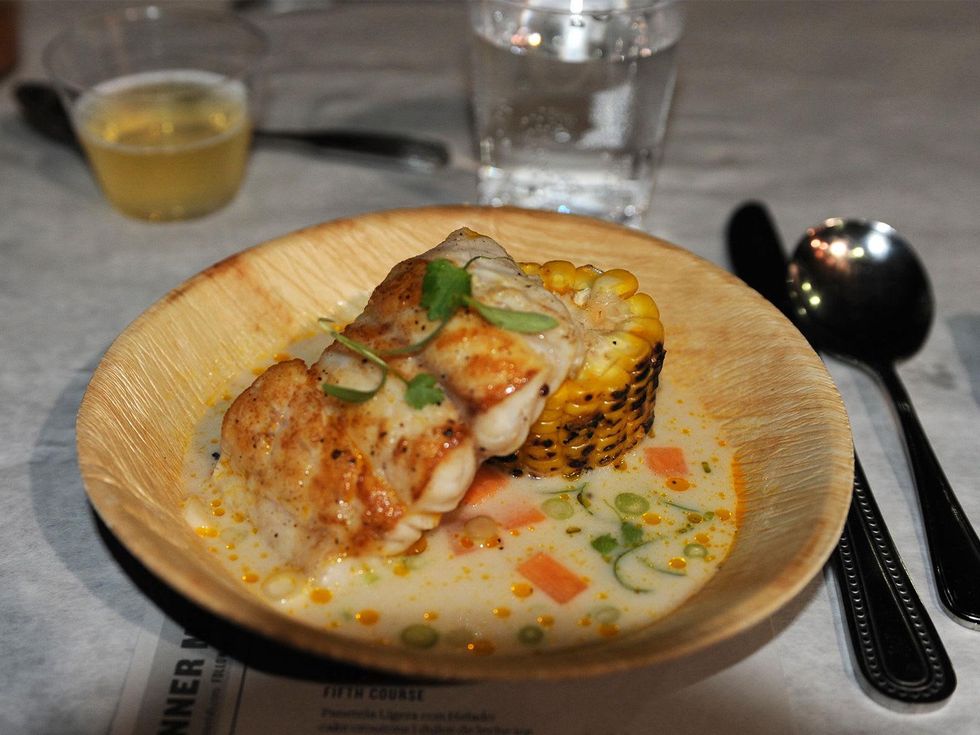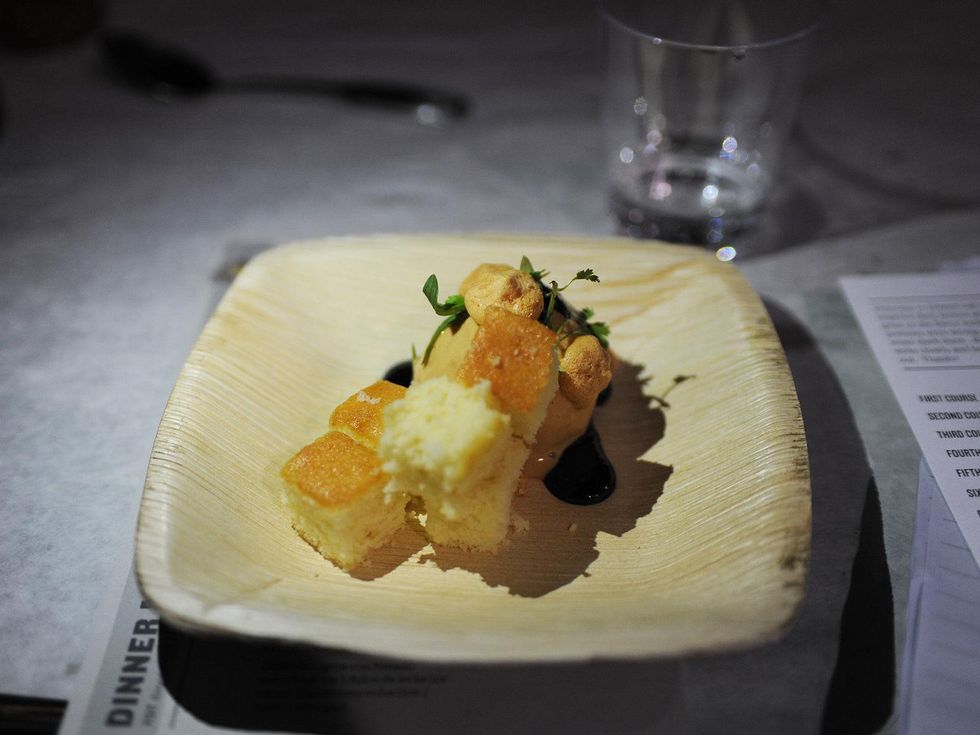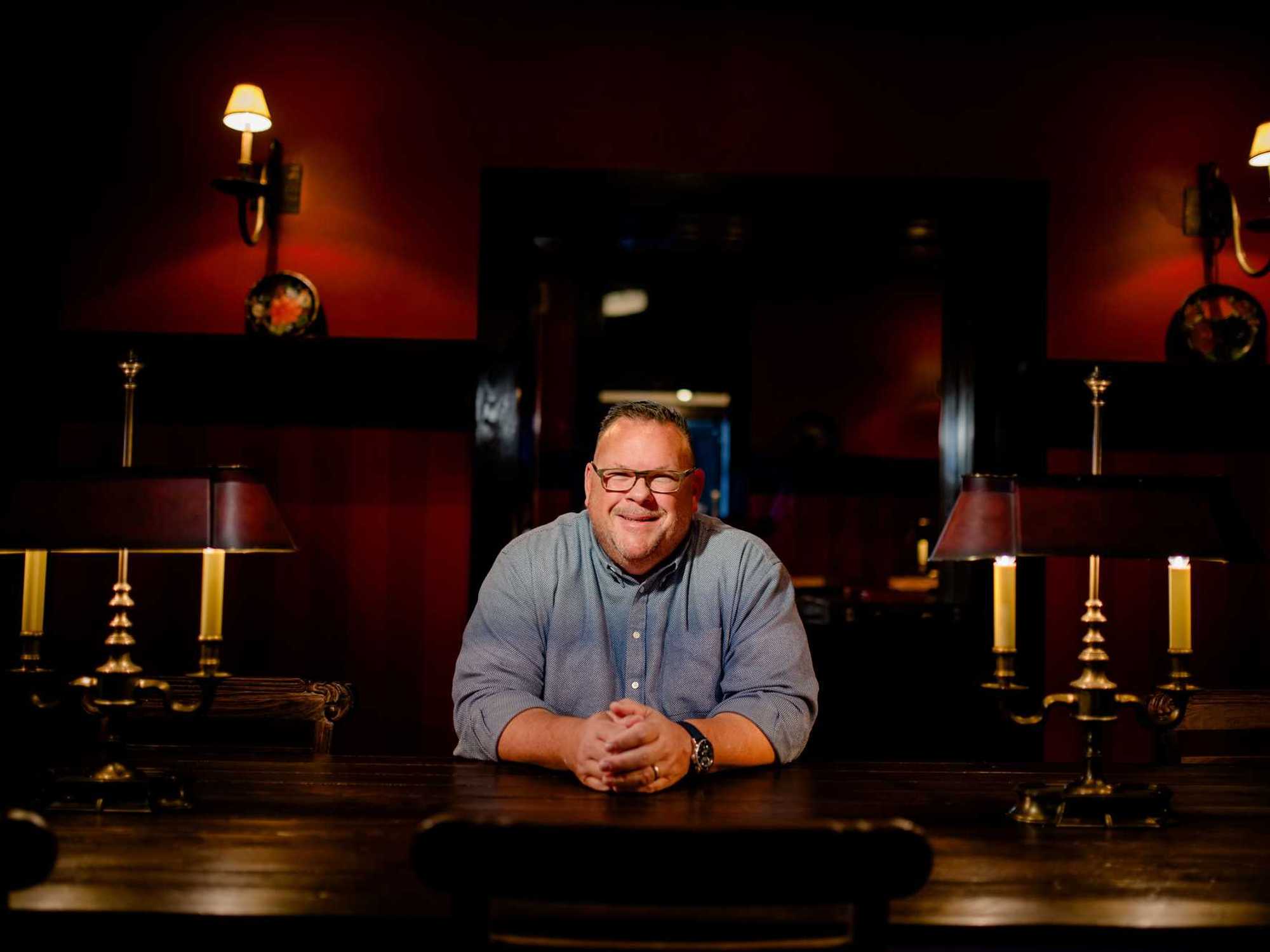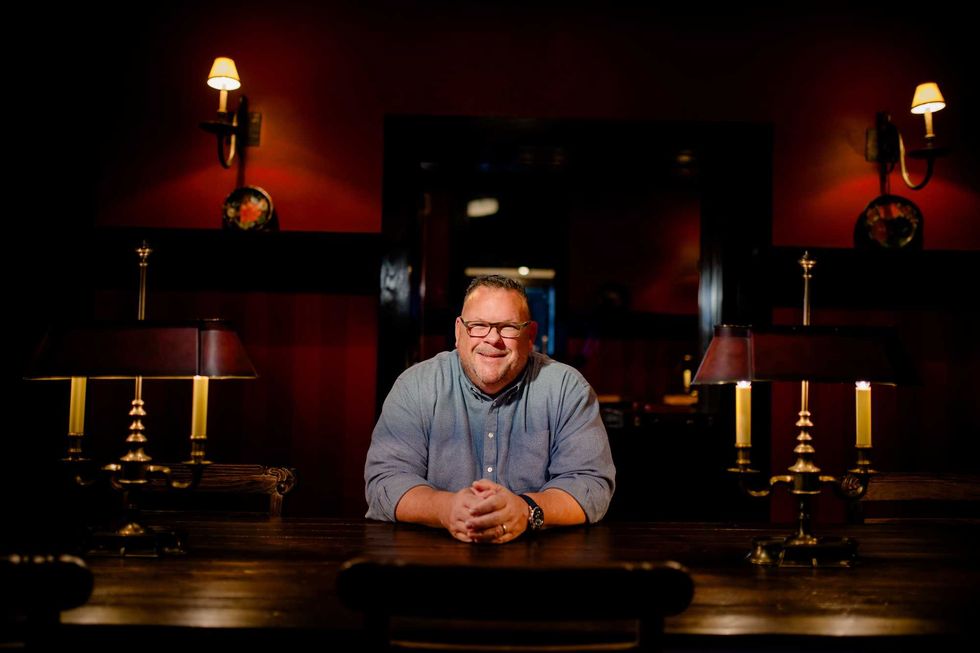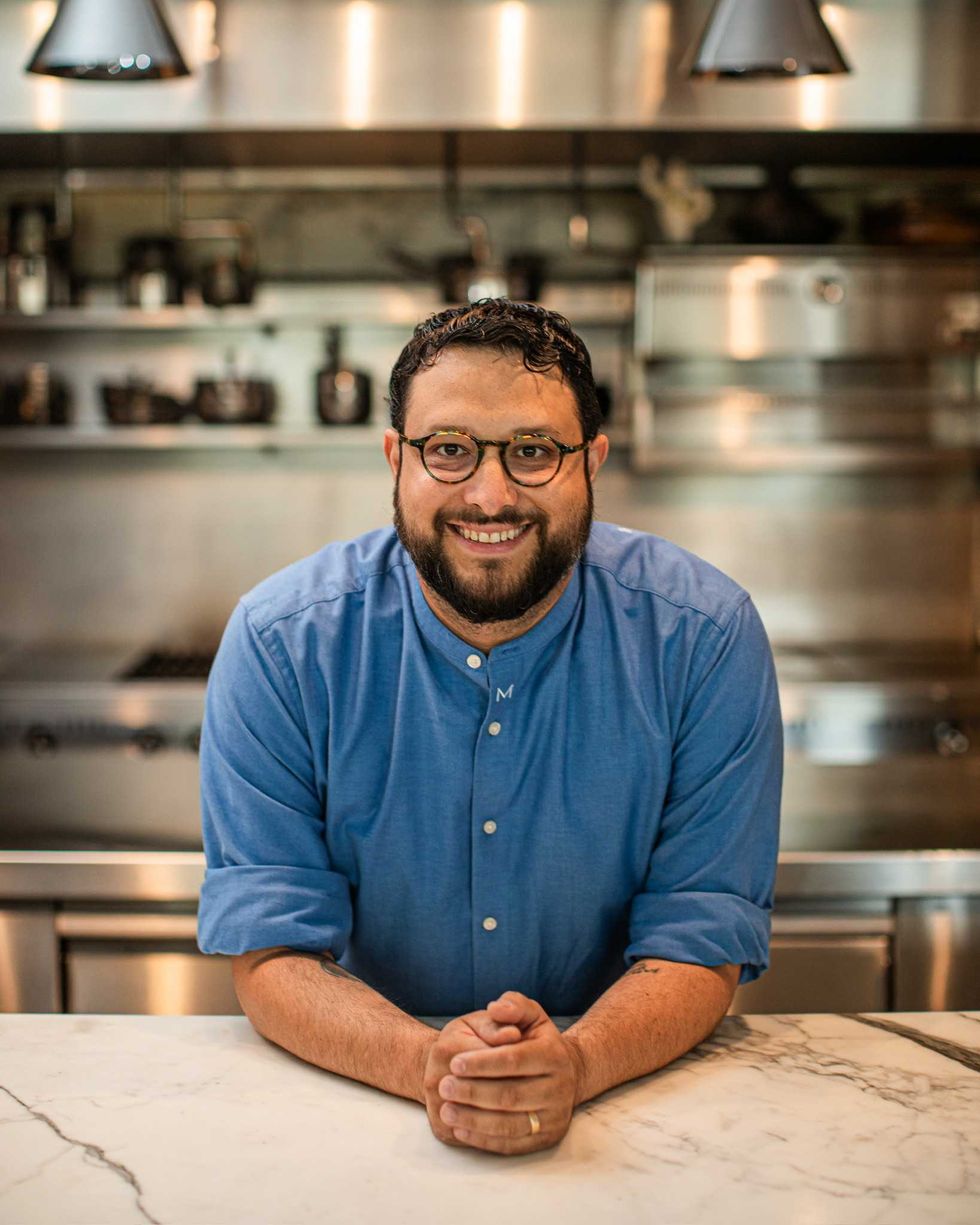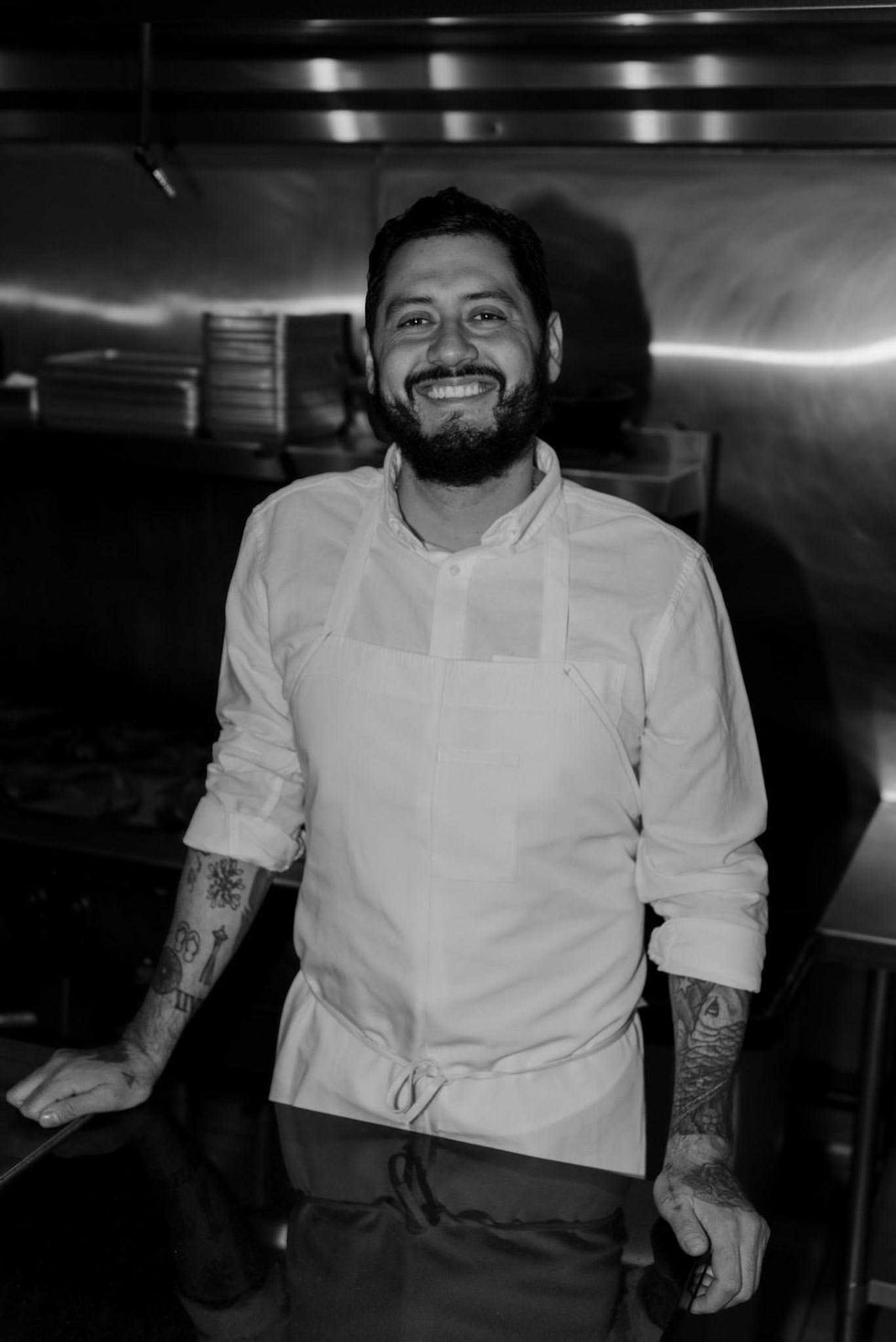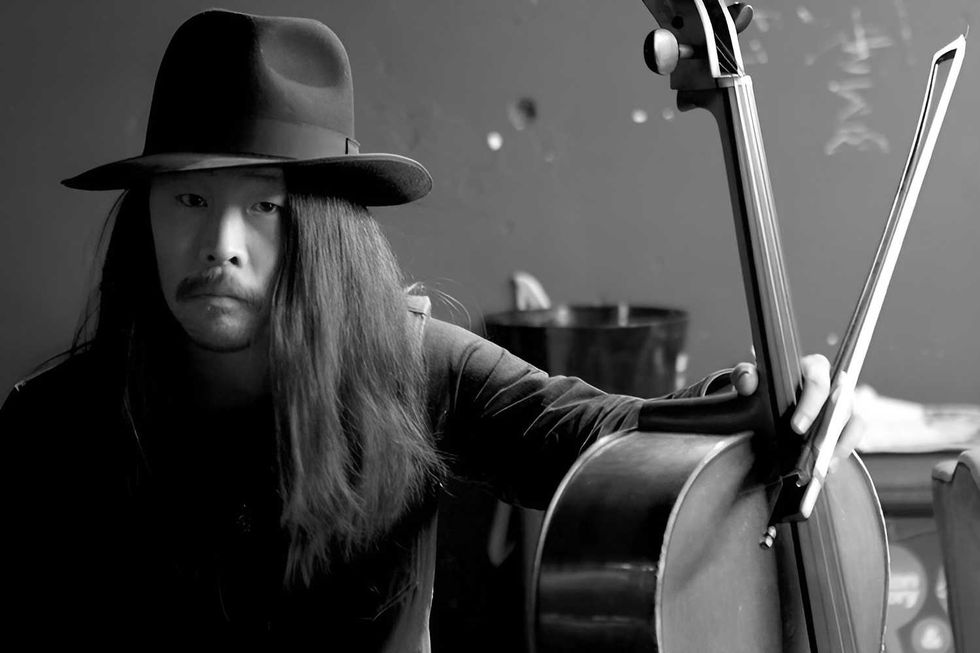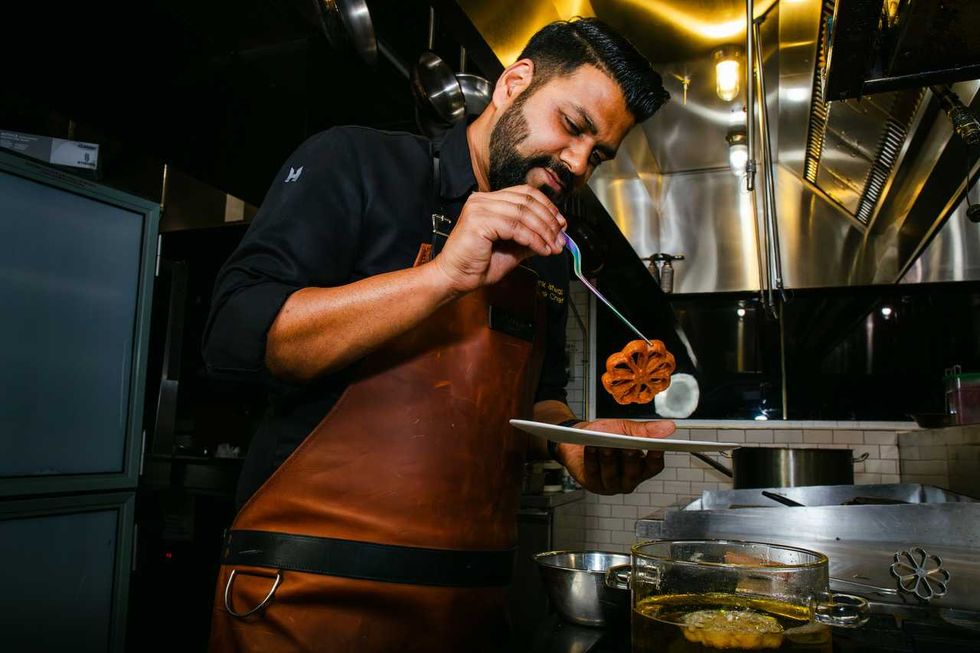Members-Only Dinners
Exclusive members-only dinners hit the Houston food scene: Big-time chef meals available by subscription
What separates hard core obsessive foodies from regular people who like to try new restaurants?
Is trying a new menu from an unfamiliar chef important enough to justify paying an annual membership fee or even enduring some physical discomfort? How badly do you want to be ahead of the culinary curve?
Dinner Lab, a New Orleans-based company that organizes pop-up dinners in 20 cities across the country, is hoping to find at least 500 Houstonians willing to answer yes (and "very badly") to those last two questions. It began selling $125 annual memberships to Houstonians back in June and so far has found more than 300 people interested in trying the new-new thing in dining. The fee grants subscribers the ability to sign up for individual dinners which run about $60 per person all inclusive — drinks, tax and tip are included in the ticket, which means no one reaches for his or her wallet at the event.
The company is already working with local chefs to host dinners of their own. Once 500 members sign up, Dinner Lab plans to stage a meal every two weeks .
A few things separate Dinner Lab from Kipper Club Test Kitchen, the pop-up series created by Down House co-owner Chris Cusack and culinary director Benjy Mason that will host its inaugural event Sept. 26 at a dedicated space the company has acquired on Yale Street. First, Dinner Lab's nationwide scope means it can attract chefs from across the country; a recent meal in San Antonio featured a chef whose resume includes stints at Michelin three-star New York restaurants Eleven Madison Park and Per Se. Second, Dinner Lab events are typically hosted in non-traditional spaces.
Last weekend's dinners were held at Houston Makerspace, which is a warehouse in the Second Ward where people work on a variety of hand-built crafts. The company brings in the tables, chairs, kitchen equipment and staff for the event.
Most importantly, Dinner Lab is focused on extracting data from diners. As explained in a recent New York Times article, the Dinner Lab model turns around the current model of tasting menus where chefs dictate what diners eat with little feedback. At these pop-ups, diners rate each course on a one to five scale for taste and creativity. They also fill out an extensive survey after the meal with more opinions about the food, the service and the chef's presentation of his or her dishes.
Chefs who rate highly will be offered the opportunity to cook at other Dinner Lab cities. Eventually, the company plans to open as many as three restaurants with the chefs who consistently receive the highest ratings.
Houston's First Taste
Last weekend, Houstonians got their first taste of what they signed up for at Dinner Lab's first Houston meals. To ensure that everything went as smoothly as possible, the company tapped its culinary director, New Orleans chef Mario Rodriguez, to serve a menu he's prepared previously for diners. The five-course meal, titled Sabor de Colombia, featured variations on dishes Rodriguez experienced when he visited Colombia with his father while he was growing up. The menu's highlights included braised chicken wrapped in a banana leaf and served with garbanzo bean polenta and a fish head stew made with coconut milk.
A friend who's traveled extensively in South America confirmed that both style of courses and their flavors accurately reflected what one would experience with Colombian home cooking, and the people sitting around us appeared to finish every course. In an email, Rodiguez told CultureMap that diners rated the chicken and fish head stew the most highly, but his braised short rib consomme "needed tweaking."
Eventually, the company plans to open as many as three restaurants with the chefs who consistently receive the highest ratings.
Beyond the food, the service set Dinner Lab apart. Pop-ups can be hit or miss in terms of timing and comfort, but the staff attempted to manage both as well as possible. To combat Makerspace's lack of air conditioning, they brought in portable units, fans and passed around cool towels. When a water bottle at my table shattered, the staff responding quickly by swapping the table out with another table that had been prepped for the later seating.
Even when the later seating began, the kitchen was able to serve two different courses to two different groups of diners simultaneously. No mean feat considering each group numbered about 60 people. Throughout, another glass of wine or bottle of beer was always available. Of course, despite the staff's best efforts, not everyone left happy. One local writer tweeted twice about mosquitos at Saturday night's dinner before giving up (ah, the luxury of being able to flee a free meal). Rodriguez concedes that using Makerspace "missed the mark" and says they're open to suggestions about where to host future events.
Still, the company is moving forward. It's already put tickets on sale for a Thai dinner featuring another New Orleans chef, Lalita Kaewsawang. The five-course meal sold out its Oct. 3 date so quickly that the company added a second meal the next day. Meanwhile, the company is already working with local chefs to host dinners of their own. Once 500 members sign up, Dinner Lab plans to stage a meal every two weeks.
Is $125 too much for the opportunity to attend these events? Not if it's distributed over the course of, say, 10 dinners throughout the year. Almost no restaurants in Houston offer $75, all-inclusive, multi-course menus, and Dinner Lab offers the variety and novelty. After Friday night's meal, I'm putting my money where my mouth is.
Sign me up, Dinner Lab.
